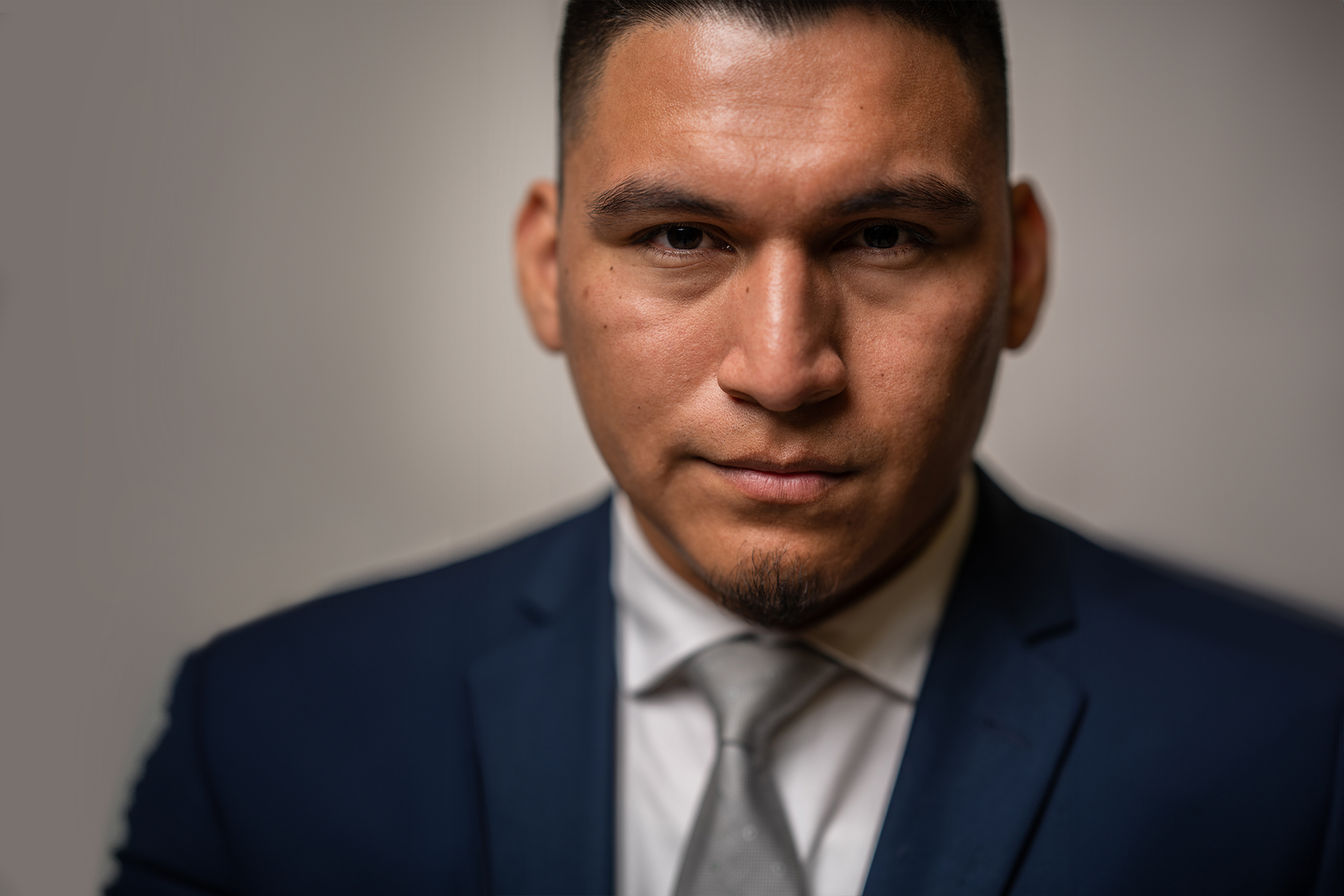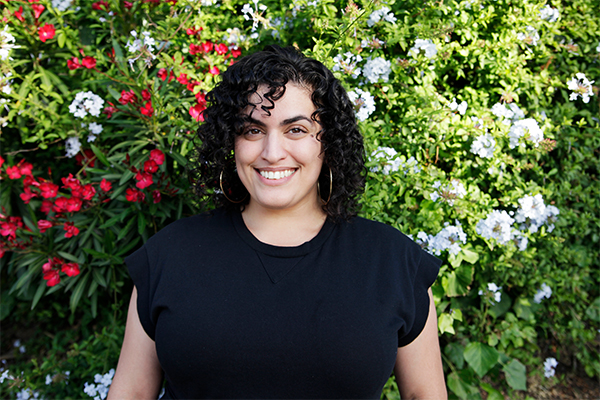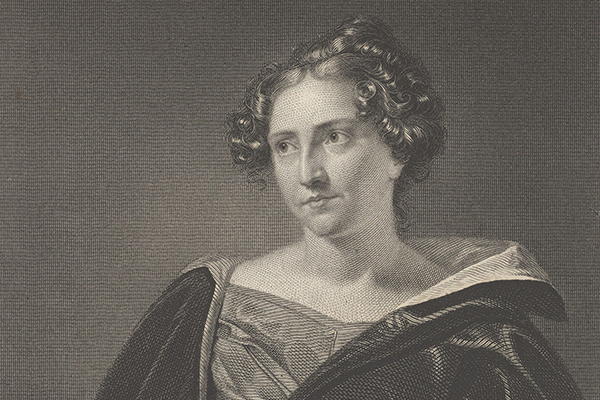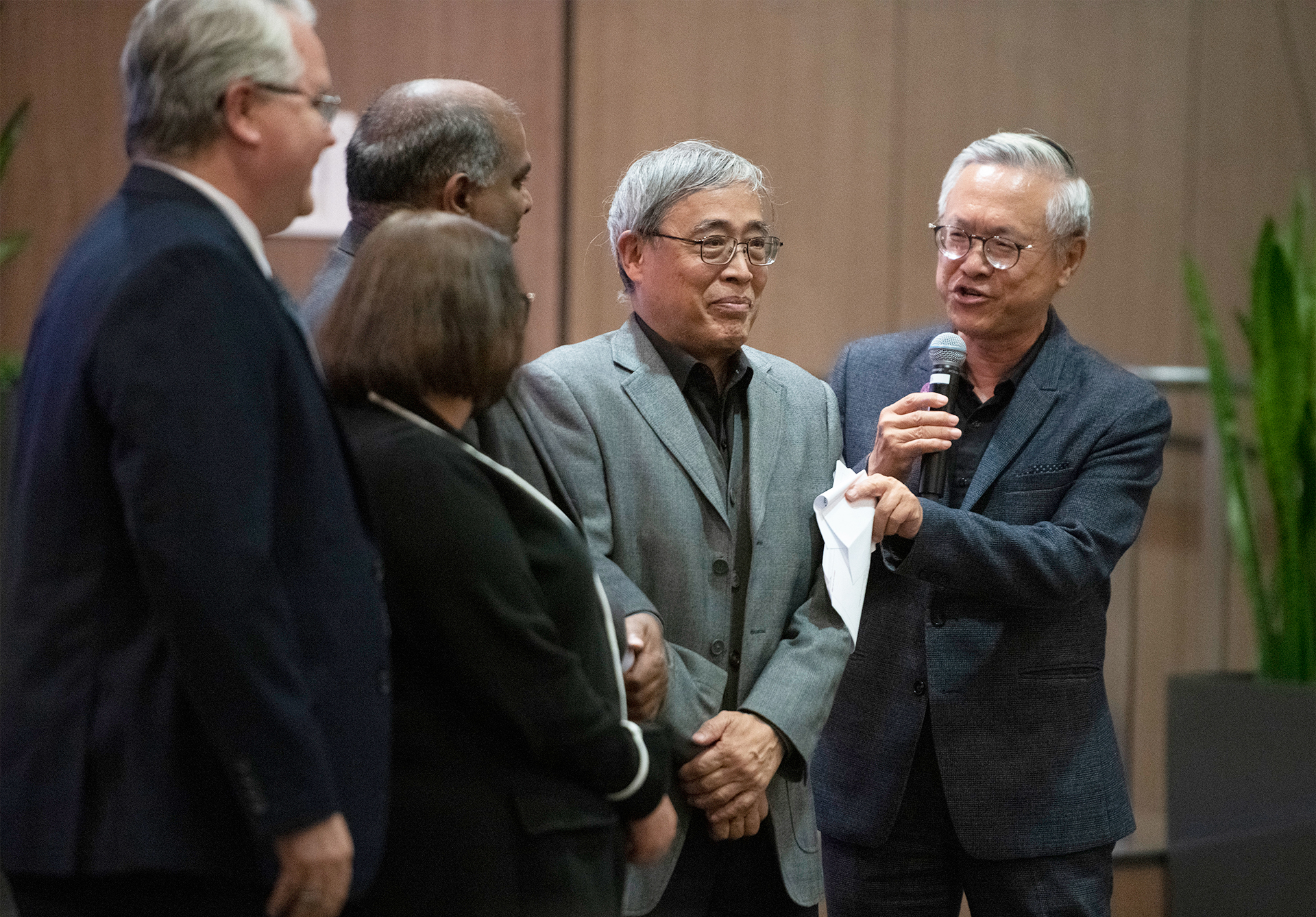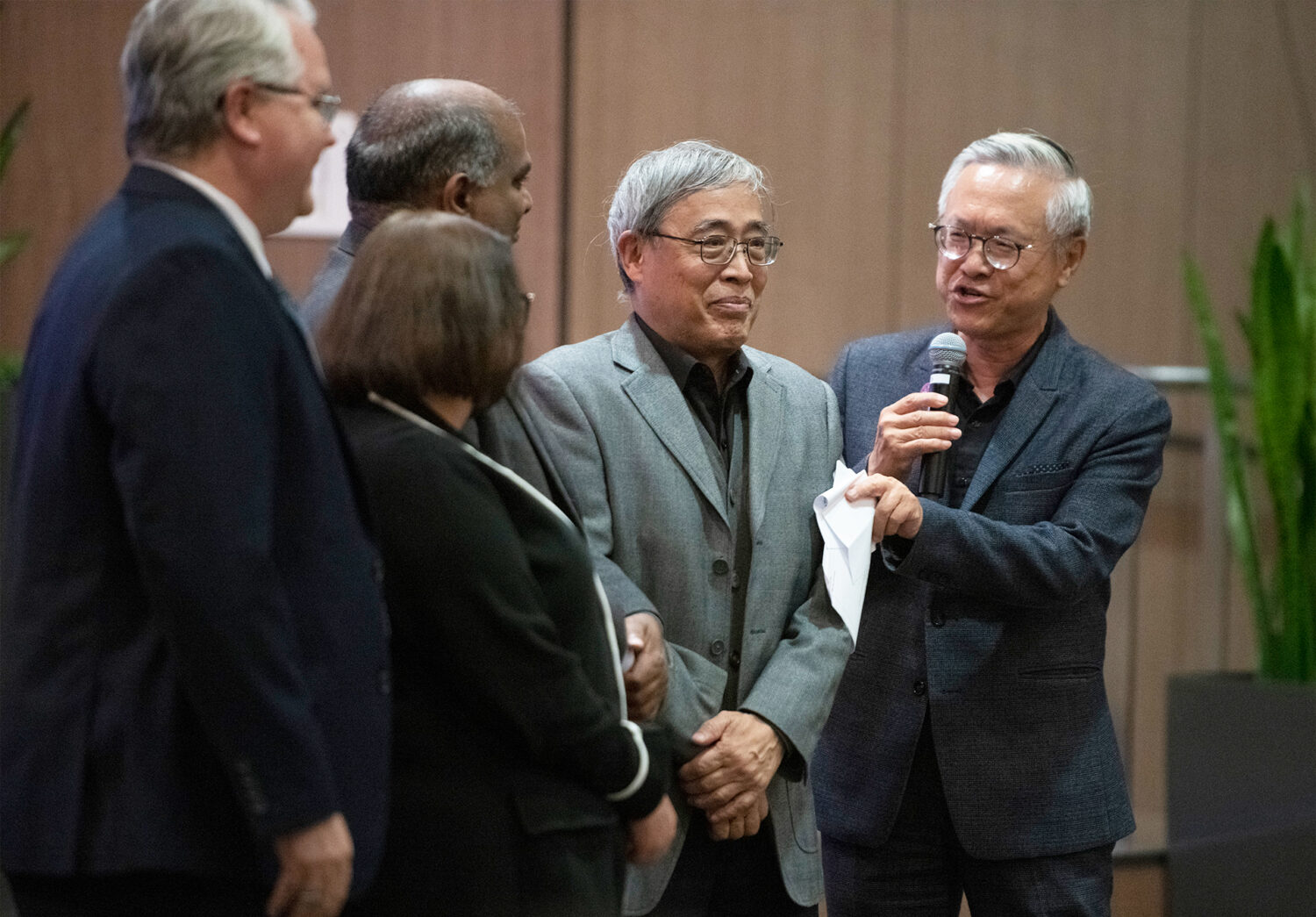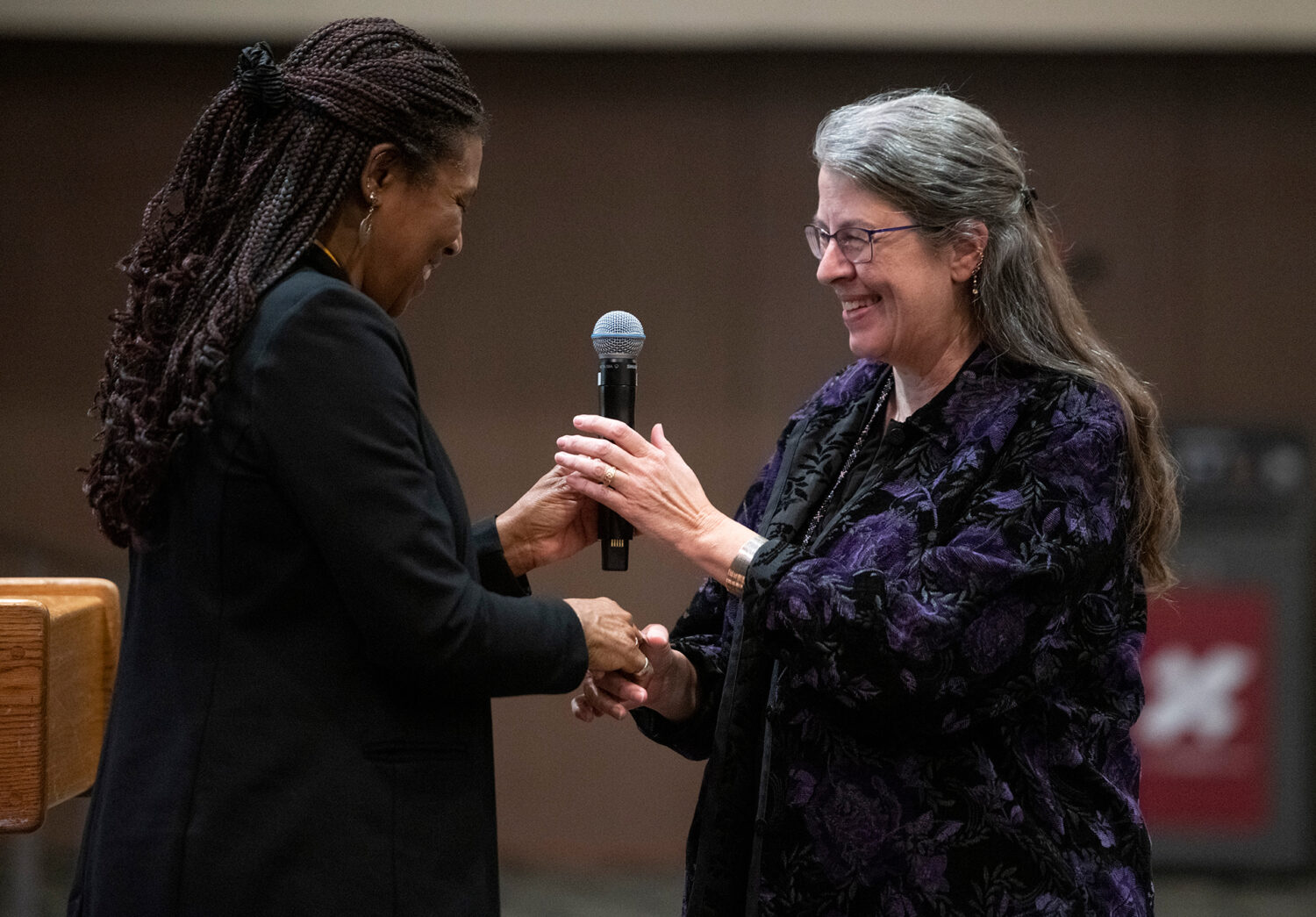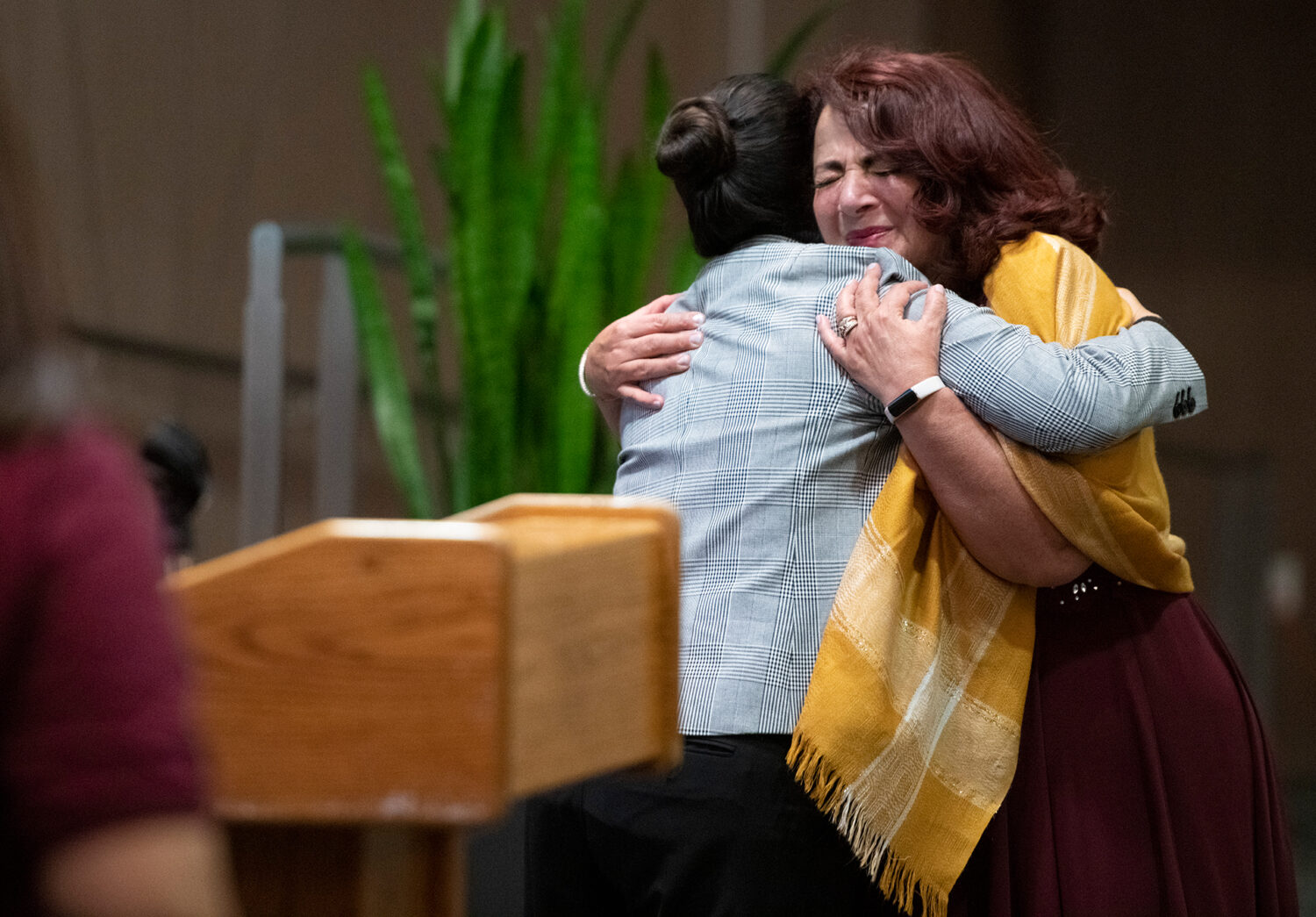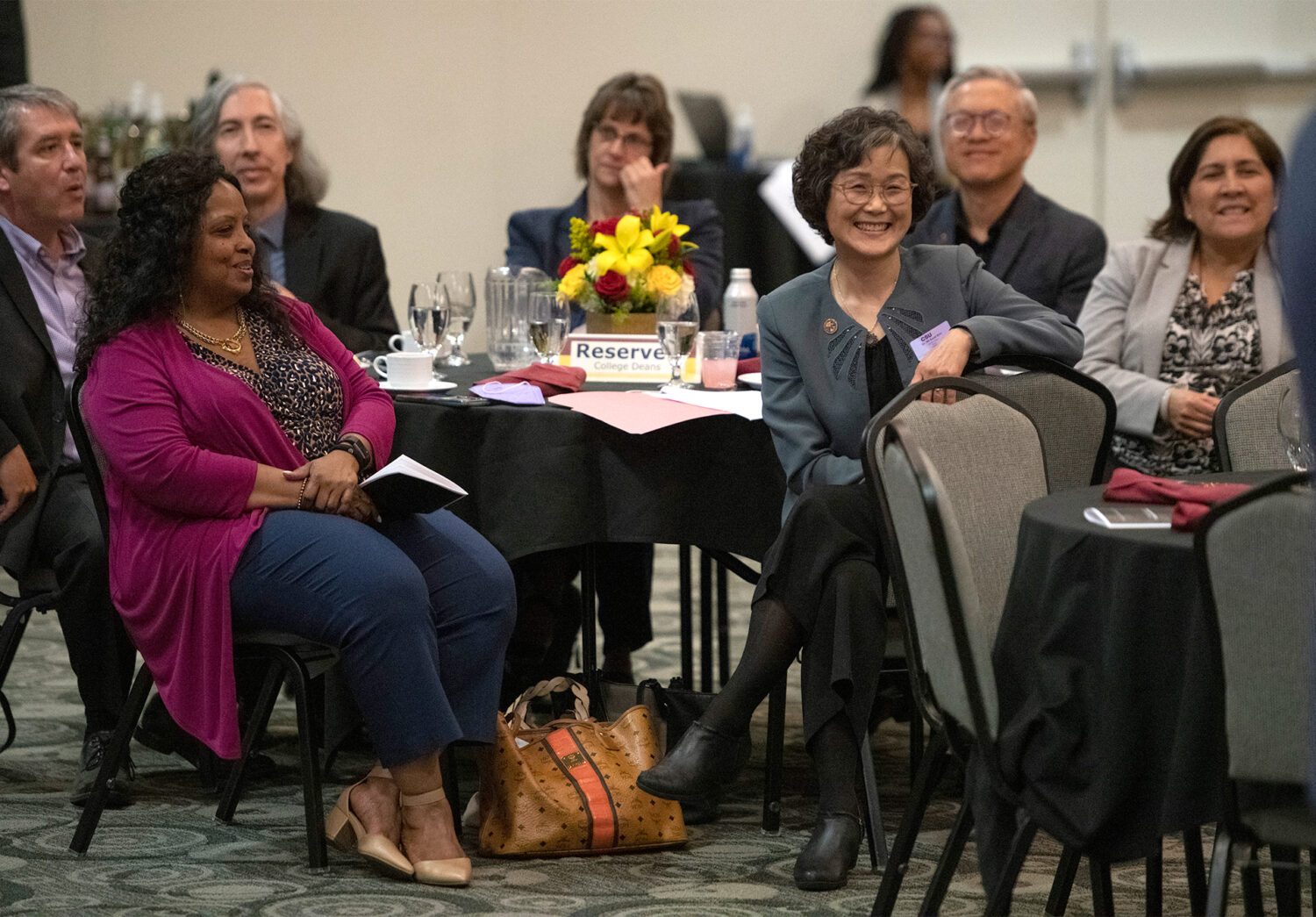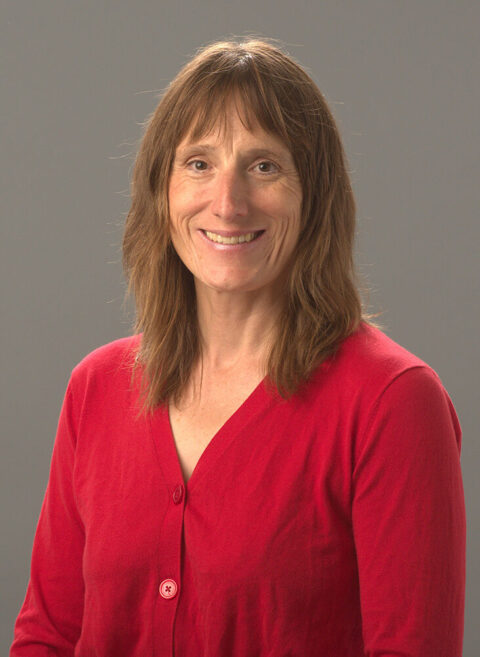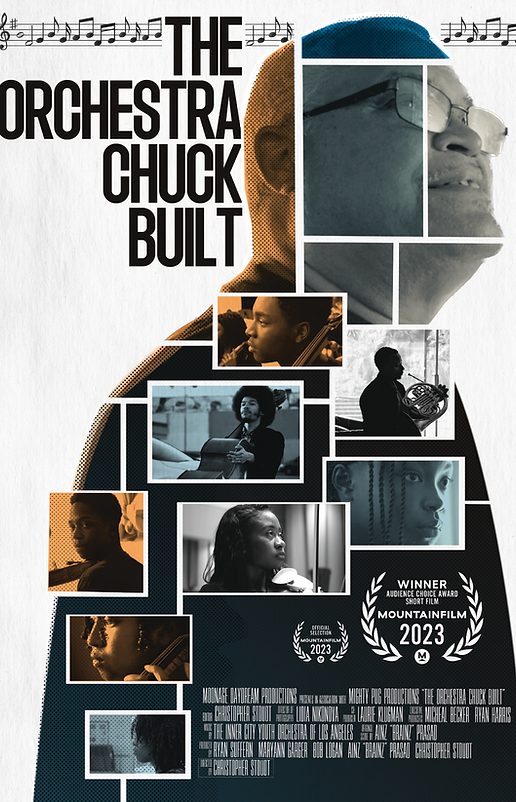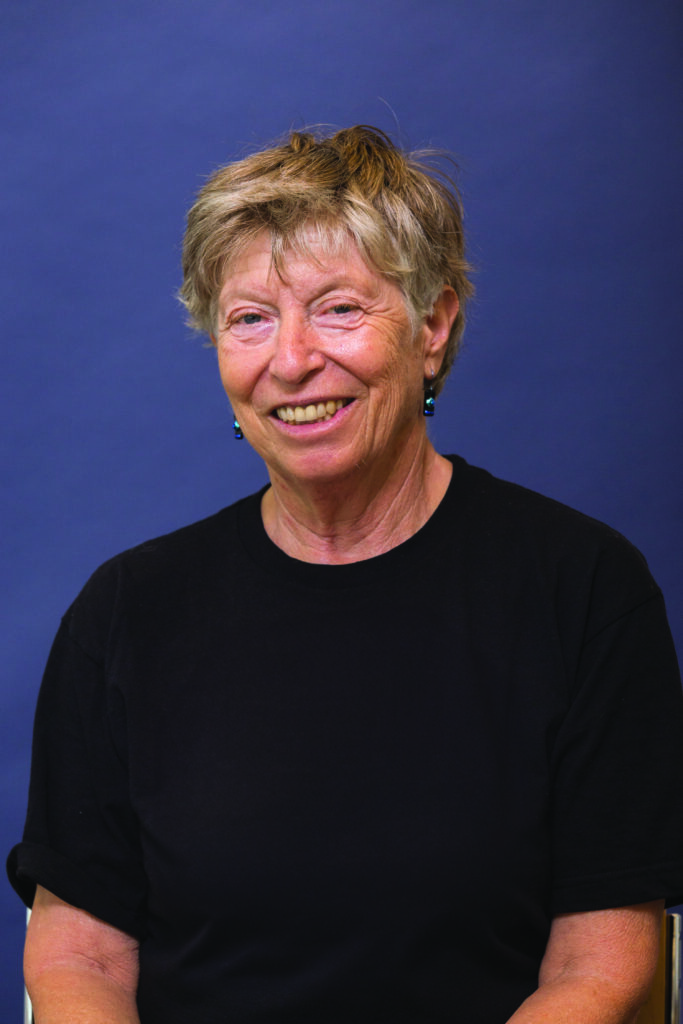Colectivo Plurilingüe Gives Bilingual Education a Boost
“We really want to create a program that centers students’ language and sees it as a cultural strength, rather than the thing that’s preventing them from becoming English-proficient.”
That’s how Yesenia Fernandez of CSUDH’s Colectivo Plurilingüe describes one aspect of the group’s work on campus. A long-time school administrator who now serves as an assistant professor of school leadership at CSUDH, Fernandez often found herself frustrated by the approach to bilingual education in elementary and high schools she worked at.
“Too often, the attitude was, ‘Let’s get rid of that pesky Spanish, because it’s stopping them from speaking English.’,” she recalls. “Here, we look at it as an asset, and try to find ways for teachers to really engage with the Spanish language, rather than bury it.”
Bilingual and multilingual education has long been a hot-button issue in California because of the state’s large population of native Spanish speakers. Colectivo Plurilingüe is an ad hoc group of faculty members, teachers, students, and community members who devote their time to working with and for bilingual educators. The group stays at the forefront of these conversations today due to their innovative and timely work.
With the help of a recent five-year, $2.571 million grant from the U.S. Department of Education, CSUDH’s bilingual education initiatives are beginning to take hold. The grant was in support of Project MEDALLA (Multilingual Educator Development Advancing Language Learning Achievement/Activism), which aims to create a network of certified bilingual educators in Southern California.
The collective is dedicated to working with and for bilingual educators
Colectivo Plurilingüe works through two main channels: teaching, supporting best practices, and getting bilingual certifications for current College of Education students; and providing professional development to those already out in the field. For Nallely Arteaga, program coordinator for the college’s dual language learning program, her work with the collective is an extension of her regular job. She strives to make sure that every student possible attains their bilingual authorization before leaving CSUDH.
“This really aligns with my purpose as a teacher educator,” says Arteaga, “which is creating a stronger pipeline between our local community, local school districts, and the students that we serve. I feel like we have the responsibility of ensuring that more students are getting their teaching credentials and earning a bilingual authorization, so that they can better serve the students as well as represent our community.”
According to Stacy, associate professor of liberal studies and the co-principal investigator of the MEDALLA grant, “We knew that teachers want professional development that helps them strengthen their teaching and bilingual skills. But most of the professional development for bilingual teachers is through the lens of an English learner. It’s focused on wanting kids to learn English, and equates learning English with success. We wanted to develop a program that went in a different direction.”
Every summer, the collective hosts an on-campus professional development retreat for local educators looking to implement bilingual education into their classrooms. El Instituto, as it is called, has become one of the most in-demand professional development opportunities for Southern California teachers.
“One of the things that we do really differently is to do everything in Spanish,” says Stacy. “The idea is that we do the professional development in what we call the ‘partner language.’ It’s a way to privilege the Spanish language, which is associated with identity. It also serves as an opportunity to continue developing their Spanish skills. I believe it’s the only professional development happening in Spanish at this time.”
Prior to the 2016 passage of California Proposition 56, bilingual education had been largely banned in the state. The collective had been working quietly behind the scenes for years in preparation for the new rules, so when bilingual education returned to the state’s schools, CSUDH was ready with courses and initiatives designed to support those teachers.
“We were anticipating the law to change,” says Stacy. “We had a lot of conversations with our local school district partners, and we knew that these programs were coming and that they would need teachers. As soon as Prop. 56 passed, our programs were up and running.”
As Fernandez puts it, “In our region, there’s a real need for dual language or bilingual programs that are really meant to not only help students learn a second language, but help nurture their own culture. In most universities, you don’t learn how to do that with your students.
“That’s why this is so critical. We’re creating a space that is helping a lot of these teachers relearn and reconnect with some of what traditional K-12 and university schooling took away from them—being able to be their whole selves in these spaces.”


